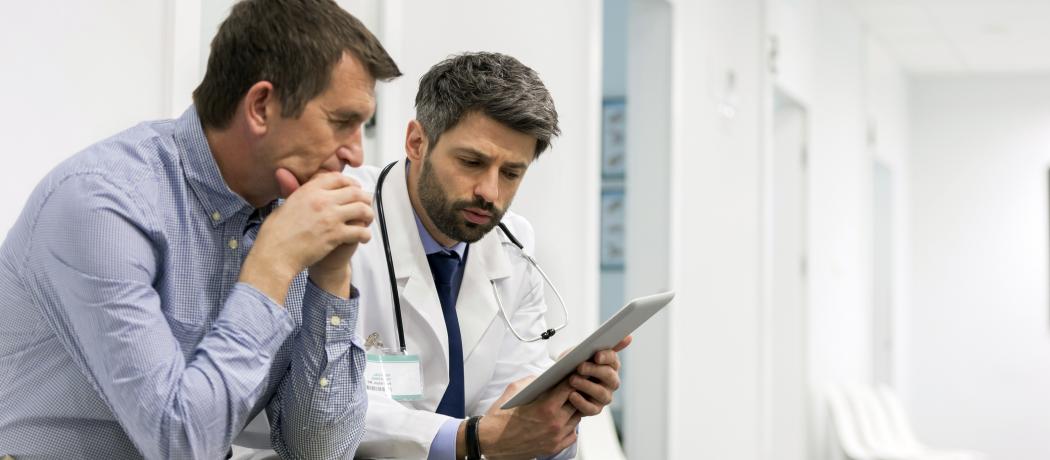Dr Mark Elliott’s article in the BCMJ’s January/February issue is an earnest, simplified, yet still confounding explanation of CRISPR,[1] an emerging genetic manipulation procedure for patients suffering from certain genetic mutations, including sickle cell anemia and thalassemia. The article is meant for nongeneticist physicians who wish to explain to enquiring patients what the CRISPR procedure is, what it can offer, and what are its practical, ethical, and legal limits.
When I was in medical school in the early 1950s our exposure to genetics was basically a review of Mendelian genetics, dating back to the early 1900s. I was already in medical practice when the DNA, RNA, and related concepts were presented to the world. I must admit that over the years I never really caught up with the rapidly unfolding knowledge of the genome world and its enormous potential in medicine. I had to read Dr Elliott’s article three times and I was still not clear about some of the basics of modern genetics. Humbled by my ignorance I spent several hours at my computer watching relevant short educational programs, some of them meant for children, to begin to educate myself about the virtually invisible world of genetics. Educating patients with complex genetic diseases or conditions with genetic origins is essential. Most physicians or health care providers have limited time or limited genetics training—or both—to meet an increasing demand for patient education. I started to wonder how patients with complex genetic diseases acquire needed medical information: what can modern genetics offer, and what are its limits?
In my search I found a 2009 article that provided a systematic review of patient education in various genetic conditions.[2] The authors examined the educational potential of group counseling, computer interventions, informative video watching, and audio recordings. They were looking for the relative value of these educational approaches in several areas, including gaining knowledge, reducing anxiety and stress, satisfaction with the intervention, the relative time spent on basic knowledge in counseling instead of focusing on specific concerns, decision making about genetic testing, eventual treatment choice, and understanding of risks involved.
The literature review did not recommend a best practice for delivering complex genetic information to patients. It did, however, provide strong evidence that computer assisted methods and video recordings improve genetic knowledge, help in psychological areas, increase satisfaction and effectiveness of time spent with the counselor, and assist in decision making about testing procedures. The results also confirm the value of computer or video-based education for patients when the clinicians and counselors have limited time or limited genetics training.
Thank you, Dr Elliott, for illuminating the need for genetic education for doctors and patients. Somewhat humbled, your article stimulated me to improve my understanding of the major breakthroughs in genetics.
—George Szasz, CM,MD
References
1. Elliott M. Talking to patients about CRISPR. BCMJ 2020;62:39.
2. Meilleur KG, Littleton-Kearney MT. Interventions to improve patient education regarding multifactorial genetic conditions: A systemic review. Am J Med Genet A 2009;149A:819-830.
Suggested reading
Green MJ, Peterson SK, Wagner Baker M, et al. Use of educational computer program before genetic counseling for breast cancer susceptibility: Effects on duration and content of counseling sessions. Genet Med 2005;7:221-229.
This post has not been peer reviewed by the BCMJ Editorial Board.

